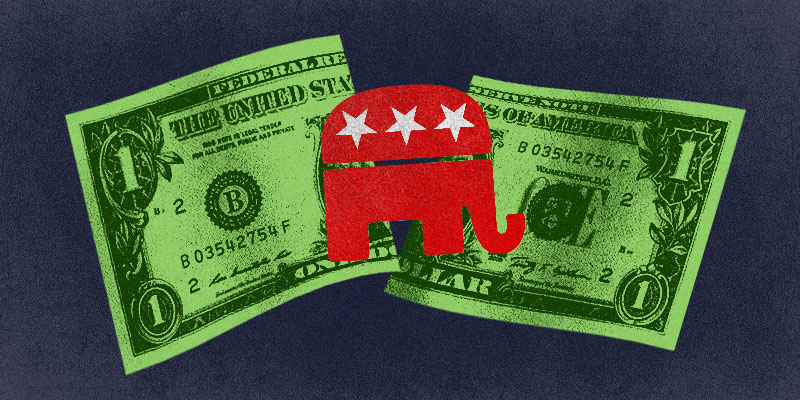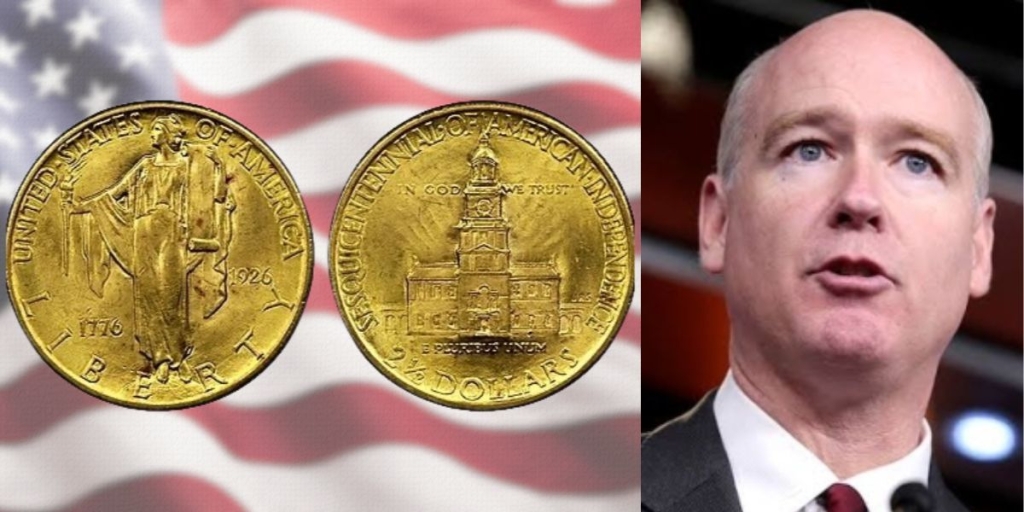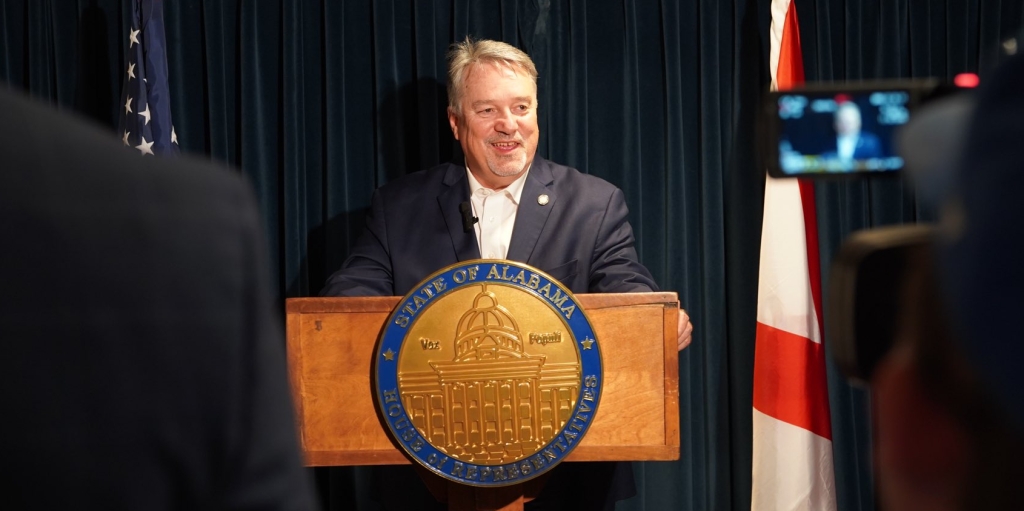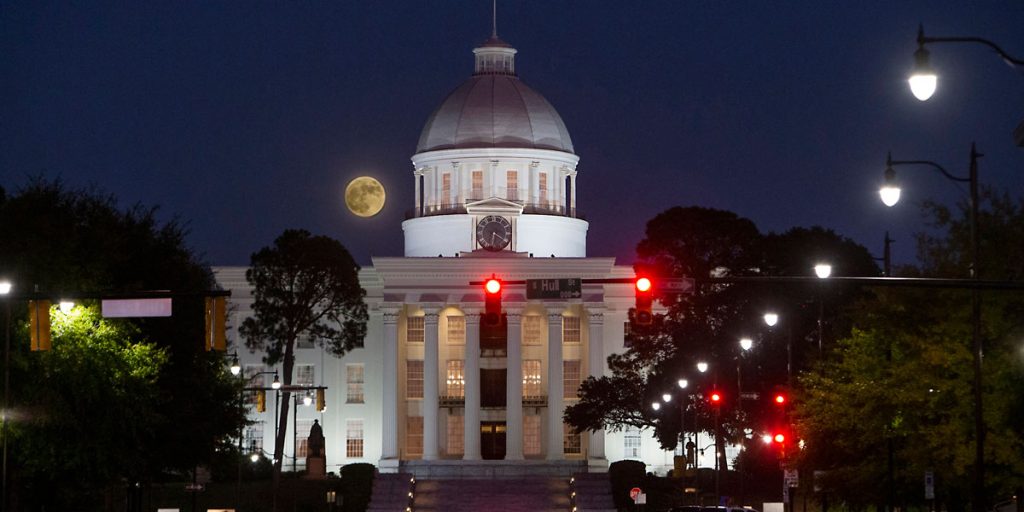Lawmakers are considering tangible alternatives to the state tax cut on overtime work as the measure is set to sunset in June. When passed in 2023, the fiscal estimate first brought to lawmakers was roughly $40 million while the actual annualized cost is proving to exceed $230 million.
Alabama Senate Majority Leader Steve Livingston (R-Scottsboro) said his caucus is delving into potential ways forward – including considering other forms of tax relief already passed by the legislature: Cutting the grocery tax.
“I think we’ll delve into it. Obviously we’re gonna have some conversation with the budget chairman on that. He’s got to help us get comfortable where we are and where we’re going to be. But I know there are folks that are interested in sunsetting that, since it has sunset in it. It impacted a lot of Alabamians, and we’ll just have to wade through that to be honest,” Livingston told Yellowhammer News.
Senate education budget chairman Arthur Orr (R-Decatur) has already raised serious concerns over the unexpected costs associated with the overtime tax cut.
“You will again see some concentrated effort on the grocery tax – it seems to impact more people,” Livingston said.
But I will say that we will be taking a good, hard look at all tax credits this year. Primarily, income tax revenue – about 95% of it – is dedicated to schools and teachers’ salaries. So that’s going to play a role. We have to take a look and see how that impacts things. I think the Senator [Orr] is always pretty responsible with his budget, especially when you start trying to give someone an income tax break. It affects his budget, and he gets pretty active then.”
The same year the overtime tax cut passed, lawmakers also passed a reduction in the state sales tax on groceries, driven by Lt. Governor Will Ainsworth, ultimately decreasing it from 4% to 3%.
RELATED: Largest tax cut in Alabama history is passed
That measure included a provision for a further reduction to 2%, contingent upon a 3.5% growth in the state’s Education Trust Fund (ETF) revenues in the preceding fiscal year. As of September 1, 2024, the ETF did not meet the required growth threshold, resulting in the grocery tax remaining at 3%.
With lawmakers gaveling into the 2025 legislative session at noon today, they’ll get to work on the overtime tax cut question and potential alternatives — along with a long list of other legislative topics.
Grayson Everett is the editor in chief of Yellowhammer News. You can follow him on X @Grayson270.












